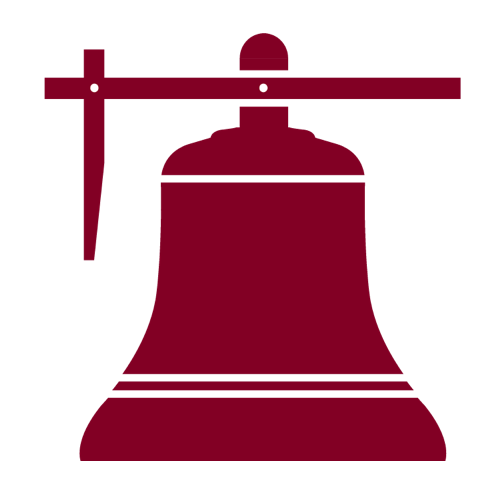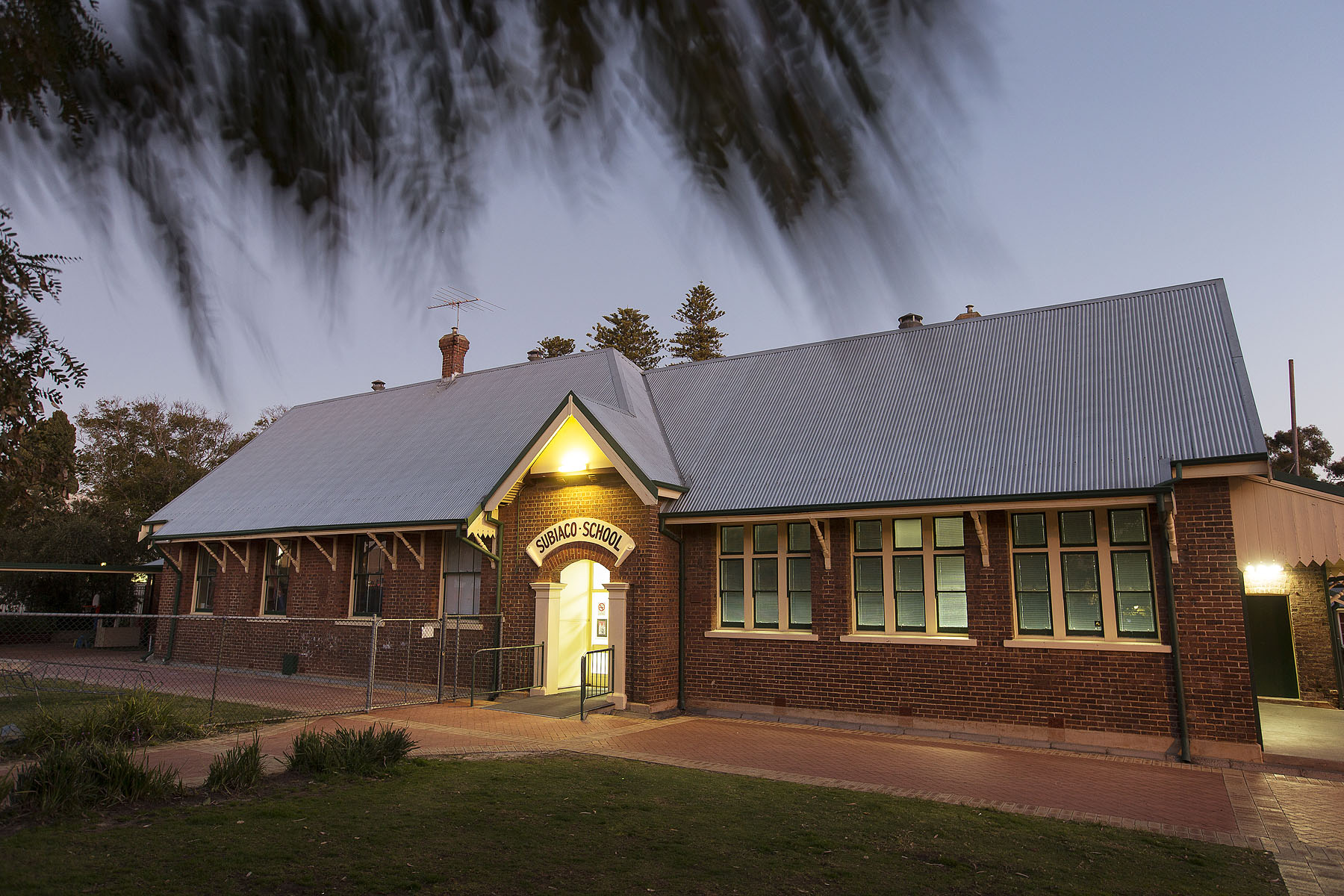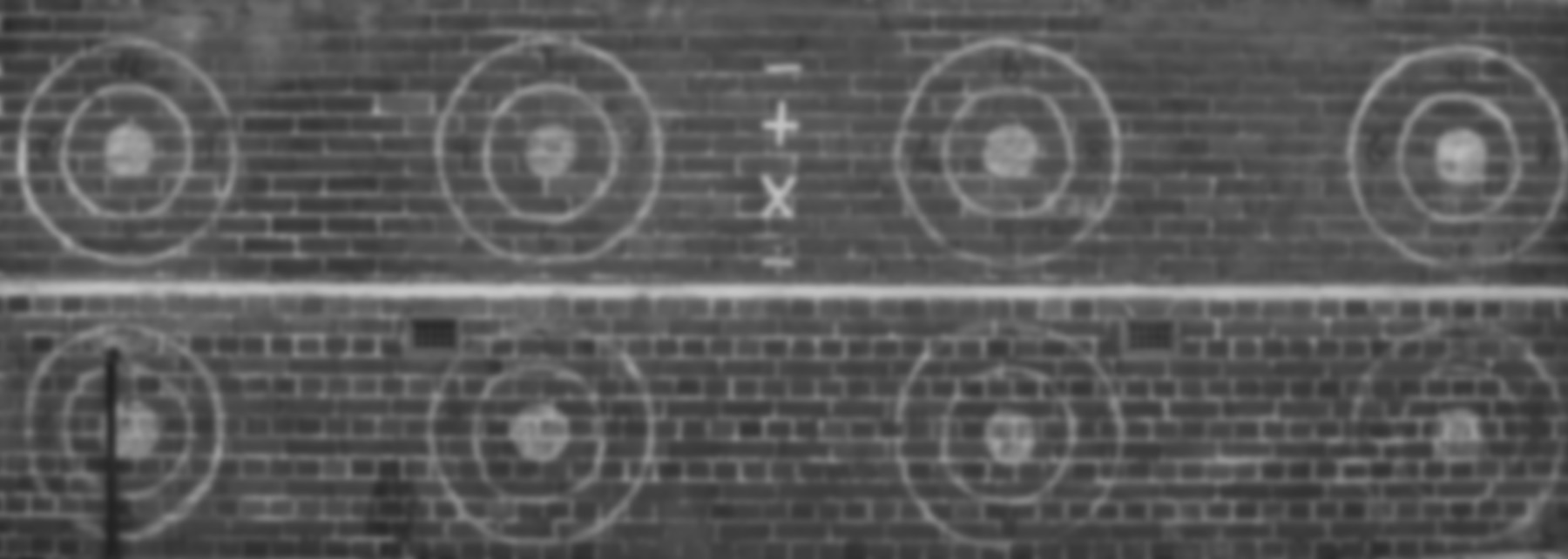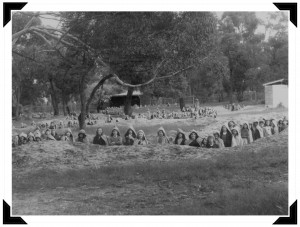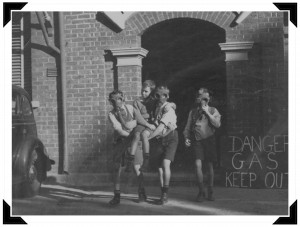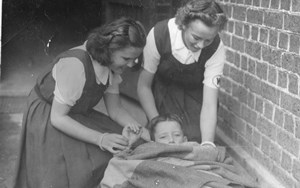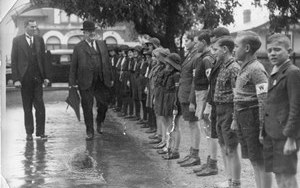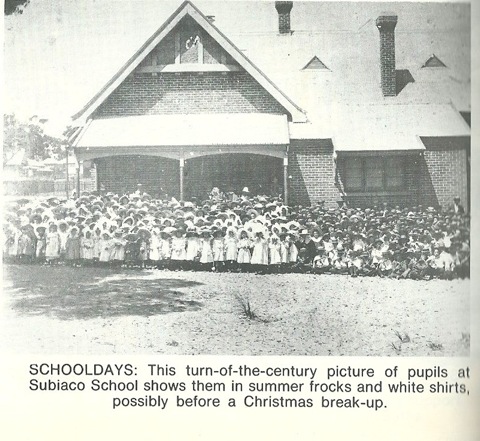The following information gives you glimpses about Subiaco Primary School in the early days.
At the opening of the Subiaco School in 1897, a representative of the District Board of Education had remarked upon the swiftness of Subiaco’s transformation, pointing out that it had only recently been notable more for wildflowers than people, but that there was now a need to cultivate the ‘much more precious flowers’ of its youth.
Subiaco School had, by the turn of the century, itself been divided into a ‘Senior School’ and an ‘Infants School’, with the latter housed in a new building adjacent to the perpetually crowded older school in Bagot Road. It soon also became necessary to establish an ‘Intermediate School’, situated on the Hamersley Road side of the central block.
The Subiaco Infants School was for several years one of only two such schools in the metropolitan area.
From letters on attendance it is obvious that the School was quickly overcrowded. The 1904 letter shows that some of the children had moved to Thomas Street School which was opened that year. Education Department files show that in 1912 the Senior School role was 603 and the Infants 423. Pending additions to the Senior School, a room was rented from the Church of Christ.
Excerpts from Spillman K, 1985, Identity Prized A History of Subiaco; 1979, Seeds of Subiaco; Subiaco WA, University of Western Australia Press, City of Subiaco, Subiaco.
The school’s kazoo band played the national anthem before the delegation of VIPs was served food cooked by students from the domestic science centre.
They were also shown the approximately 50,000 metal bottle tops, two tonnes of scrap rubber – including truck tyres and babies dummies – and clothes that were collected to help clothe Londoners.
The children had made camouflage nets, sand mats and ropes and knitted hot water bottle covers.
The school also put on first aid demonstrations and had more than 800 war savings certificates.
“Sir James Mitchell expressed himself as being highly gratified with all that he had seen,” The West Australian Reported on July 9, 1942. ” On leaving, Sir James said that the pupils’ efforts were an example to be emulated by all in the community”.
1896-1899 – Syd. J. Grace
1900-1903 – James Klein
1904-1906 – Henry Wheeler
1907-1911 – James Miles
1912-1916 – William Shelton
1917-1918 – Horace Thomas
1919-1920 – Thomas Harper
1920-1933 – Robert Llewellyn
1934-1936 – Victor White
1937-1943 – Alan Morrison
1943-1945 – Marcus Anderson
1946-1948 – Robert Johnston
1948-1953 – Cecil Kershaw
1954-1959 – William Pirrett
1960-1966 – Albert Williams
1967-1973 – Stan Hughes
1973-1974 – Ken Griffith
1975-1978 – John Wray
1978-1978 – K.Leggett
1979-1981 – Howard Milne
1982-1984 – Bevan John Hadlow
1985-1990 – Richard Francis Anthony
1991-1993 – David John Bryant
1994-1998 – Mr Roderick Eagleton
1999-2006 – Ken Perris
2007-2008 – Susan Goddard
2009-2010 – Ken Perris
2010-2020 – Carolyn Press
2021-2021 – Bea Bouska
2022 – Melinda Harris
1900-1902 – Elizabeth Julius
1903-1904 – Jessie Birch
1906-1930 – Mary Hislop
1931-1933 – Irma Lutz
1934-1936 – Doris Marsden
1937-1948 – Elizabeth Glendinning
1949-1953 – Flora Tait
1954-1956 – Janet Lindsay
Please let us know if you have any other photos to share with us!
